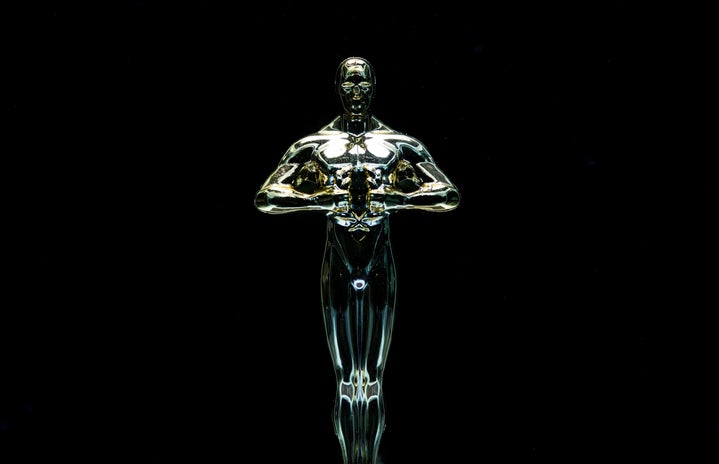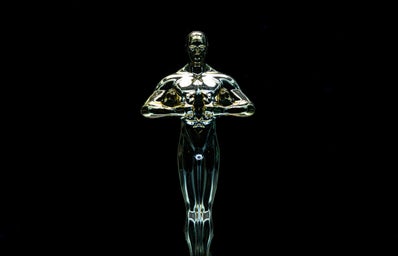
Whether or not you plan to tune in to the Oscars this year, the upcoming 96th Academy Awards will take place on March 10th, 2024. The ceremony will return with Jimmy Kimmel as its host. The nomination lineup holds some heavy contenders including “Barbie”, “Oppenheimer”, and “Killers of the Flower Moon” capturing the spotlight for Best Picture. However, amidst the excitement, there are many firsts in this award ceremony including the first Best Actress nomination for a Native American, Lily Gladstone.
Lily Gladstone made history for her role in “Killers of the Flower Moon”. In the film, Gladstone portrays Mollie Burkhart an Osage woman in 1920s Oklahoma who is trying to save her community from a disastrous situation. Gladstone describes the film as a “restorative power” and emphasizes the great importance of bringing the stories of Native Americans into the foreground through representation in media. Another notable contender is Emma Stone for her role in “Poor Things”. However, many believe the race is tight and could go in either direction. The nomination of a Native American woman for Best Actress in the Academy Awards is a significant yet long-overdue milestone in the film industry. It creates a larger commentary about the lack of inclusiveness of Native Americans in the past and today’s American society. However, this historic moment represents a shift in acknowledgment of Hollywood’s diverse talent and more equitable representation in media.
However, the nomination list also falls short through the film “Barbie”. The critically acclaimed summer hit was recognized in the Best Picture category but failed to gain a nomination for Best Director and Best Actress for Greta Gerwig and Margot Robbie respectively. However, Ryan Gosling was nominated for Best Actor for his role of Ken in the film. Gosling’s nomination and the exclusion of recognition for Gerwig and Robbie’s performance make it clear that the Academy still fails to recognize the merits of women. Although Gosling’s role in the film was impactful, the lack of nomination for Robbie and Gerwig highlights the larger issue of gender disparity within Hollywood and society. Despite the increased representation and advocacy of the lived experiences of modern women, the film industry still struggles to recognize women on the same level that they do men. This harsh oversight perpetuates the problems that are represented in the film including the idea that narratives centered around women are less important than those focused on men. The Academy’s failure to recognize female achievement in key categories such as Best Actress demonstrates that Academy members need to carefully examine the selection and nomination process. Their decision had no regard for the talent and vision executed by Gerwig and Robbie and represents a continual failure to recognize the achievements and struggles faced by women in the past and in contemporary society.
The combination of the nomination for Lily Gladstone and the lack of nomination of Margot Robbie and Greta Gerwig demonstrates that Hollywood is at a crossroads. There was a historic shift in representation for Indigenous Peoples yet the film industry grapples with a backpedal in the recognition of the stories of women and persistence in gender inequality Despite this controversial duality, there is always a potential for meaningful change in the film industry and in media.


